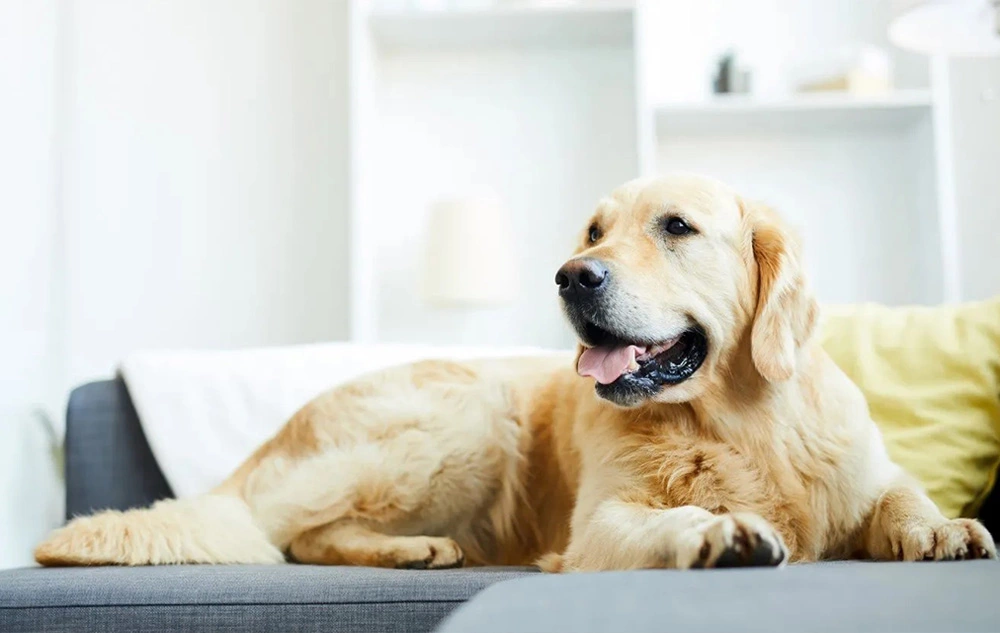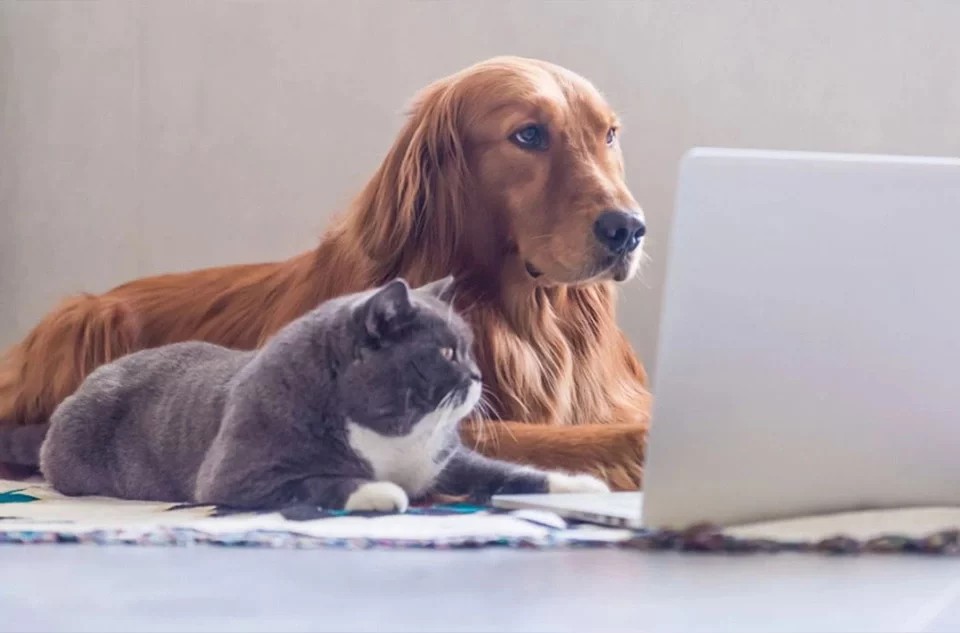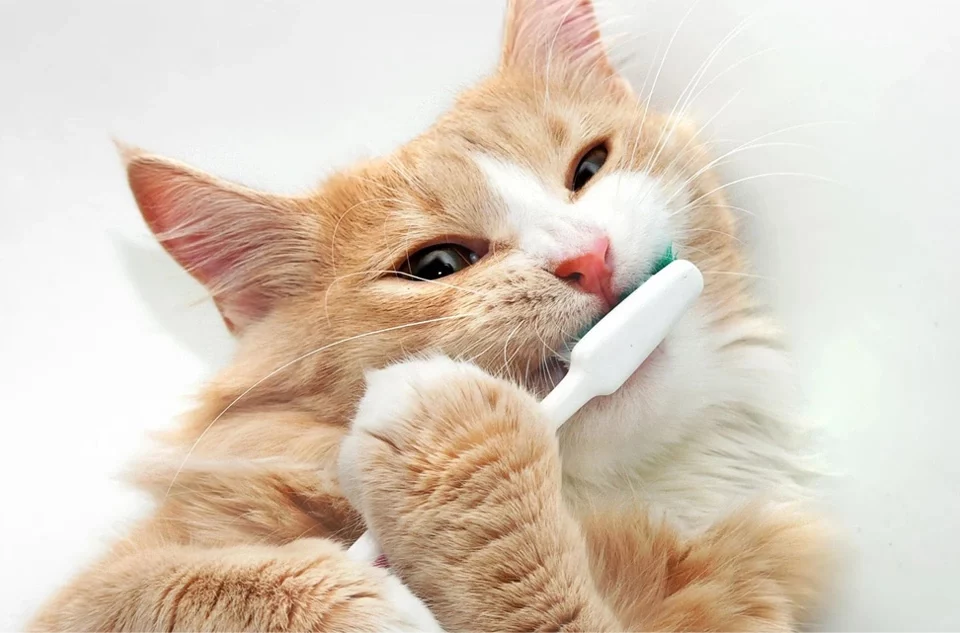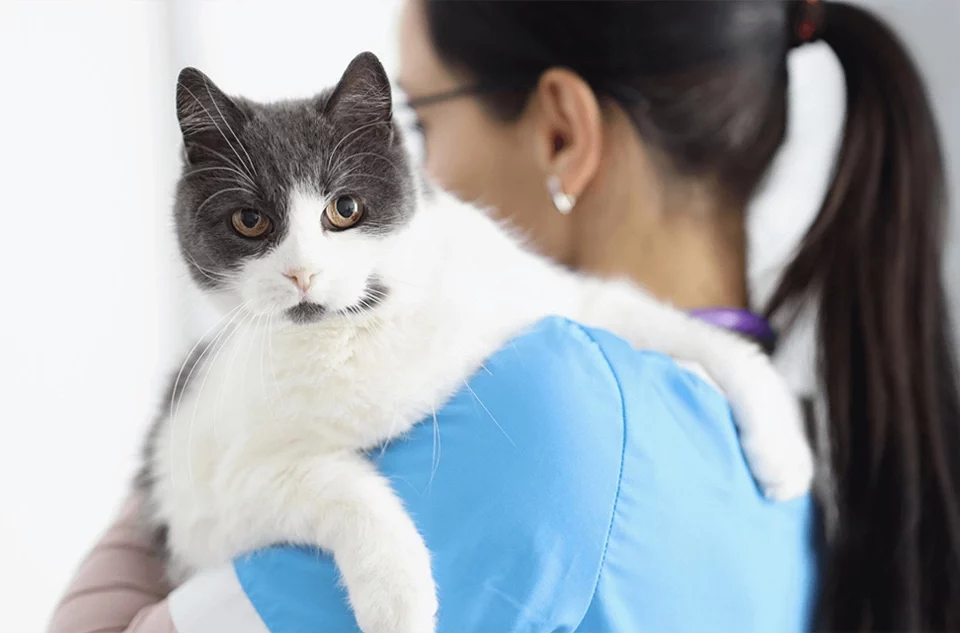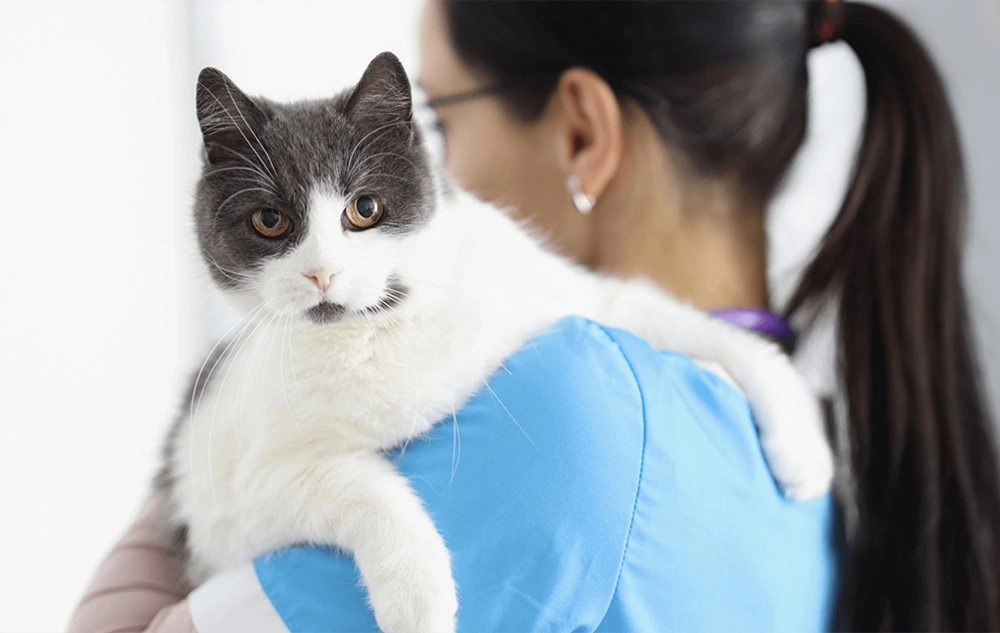
Keeping Your Pet Calm for Their Vet Appointment
April 17, 2022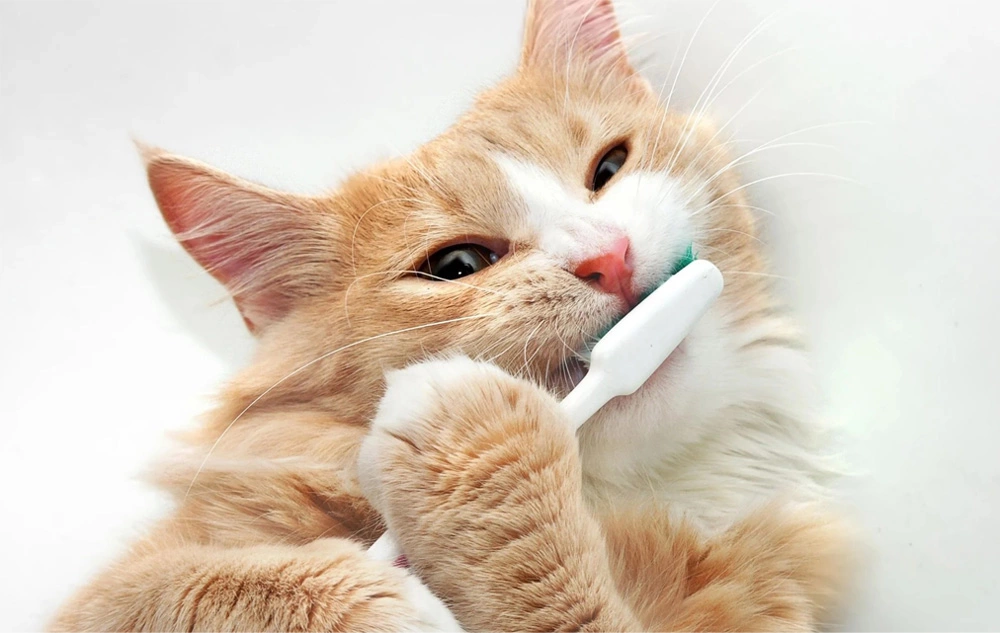
The Importance of Pet Dental Health
April 17, 2022Before bringing a new pet into your home, it is important to make sure that it is the right decision for you and your family. Pets require significant care and preparation which is vital to ensuring an easy transition into your home. Note, it can take days, weeks, or even months for your pet to finally feel at home. But don’t put too much pressure on yourself or your new pet. Patience is key! Here are some tips to help.
Supplies and Equipment
Important supplies and equipment include fundamental items such:
- Bed
- Water/Food bowls
- Food
- Collar/Leash
- Toys
- Other items to stimulate them
Remember that your pets’ emotional and mental wellbeing is just as important as their physical needs.
Veterinary Care
Most veterinarians are booking so far in advance, so we recommend scheduling an appointment as soon as you know you are getting your new pet to have a thorough health or wellness check. Ideally, this exam should be done within a week of their arrival. Your new veterinary team can advise on the correct vaccination protocol for your pet and ensure that there are no underlying illnesses or concerns.
If you are in the Portland, OR area, we would love to give your new fur baby the best veterinary care. Call Heartfelt Veterinary Hospital at 503-406-4039 to schedule an appointment for your new furry friend a soon as possible.
Preparation for Your Other Pets
Make sure that any other pets in the home are up to date on their vaccinations. Whether you adopted your new pet from a shelter or purchased them from a breeder, re-homed pets can bring new diseases with them that could be transmitted to existing pets in the household.
Just as important, calmly introducing your new pet to your existing one(s) is critical in the transition process. A cautious approach is to do this gradually until they get used to one another.
Limit Visitors at First
Initially, it is important to spend as much time at home with your new pet to help them settle into their new home. It is crucial to give everyone living in your home time to get to know one another without outside pressures.
Try and keep new visitors to the house to a minimum until your pet has settled in. It is important that your pet gets to bond with you and your family first.
Preparation for Children and Other Family
Children are naturally curious, and will no doubt be extremely excited by the arrival of a new pet. It is important to explain to them that animals take time to adjust to new environments and may be scared, nervous or wary of them for a few days. Take the time to educate your children on how to treat your pet with the care and respect that they deserve.
Establish Rule and Standards
Establishing some basic house rules ahead of your pets’ arrival can help create a routine that your pet will quickly adopt on their own. Knowing what to expect will also help them settle faster.
- Make a plan: Before your new pet arrives, think about the rules and standards you want to set and explain those to all members of the home.
- Set boundaries: If you don’t want your new pet on furniture, set that boundary the moment they enter your home (example).
- Be consistent: Once you have implemented a rule, stick to it. Your pet will react better and more consistently in return.
- Get everyone involved: Assign family members specific tasks to help them bond with your pet and take ownership of their commitment as pet owners.
Potty Training
When it comes to training your pet, patience is most definitely a virtue. Tip: remain consistent and stick to a routine. If you have a dog, take them outside at the same time every day. A good place to start is first thing in the morning, the last thing at night, and after meals. Stay with them to boost their confidence but wait ‘in the wings’ until they are finished.
Most kittens are trained to use the litter box, but if you need to reinforce this training, place them in the litter tray after waking and after meals. Using a litter box does go against a cat’s natural instinct, so once they are settled, you may find that they prefer to do their business outdoors. With both dogs and cats, positive behavior reinforcement by way of praise, affection, and treats is often the quickest and easiest way to train them.
Exercise and Outdoor Time
Canines
- Research breed and ask your veterinarian about the appropriate amount of exercise
- Keep in mind, puppies are more vulnerable to diseases so ensure they are properly vaccinated
- Use a leash when going on walks
- Train them to return to you by gently pulling them towards you
- Reward successful return and behavior
- Offer tons of praise and affection
- Before letting them roam freely in a yard or dog park, make certain they are spayed or neutered as a precaution
When you feel that your dog is ready to be let off the lead, begin in a secure, fenced-in location. Make sure you are confident they will return to you when called. Also, ensure they have proper identification, either in the form of a collar and tag or ideally, a microchip.
Felines
- Ask your veterinarian about the appropriate amount of exercise
- Consider your immediate environment before letting them outdoors
- Keep in mind, kittens are more vulnerable to diseases so ensure they are properly vaccinated
- Before letting them roam freely, make certain they are spayed or neutered as a precaution
- Confirm they have adequate identification either in the form of a collar and tag or ideally, a microchip.
You can train your cat to respond to you by offering praise and goodies such as tuna chunks or commercial cat treats.
Adopting a Senior Pet?
If you are adopting an older pet, it is wise to try and find out as much history about the pet as possible. This will let you know what sort of temperament and behavior to expect. This will also help you make any adjustments necessary for the well-being of your new pet. For example, some pets that have gone hungry when living with previous owners can be guarded, possessive, or even aggressive at feeding times and need to be given space to eat.
Bringing home a new pet is exciting and a big responsibility! Make sure you and your family are prepared by following these tips. Remember to call to book an appointment with us once your new furry friend is settled.

